 I have been reading Much Depends on Dinner by Margaret Visser. In it she creates a simple meal, and then explores in great depth each component of it. She looks at the history of this food, the way it is produced, the myths that surround it, the meanings that cultures have given it, how it has been eaten and cultivated through history. I have found this an absolutely fascinating book. One of the courses in her meal is a simple salad of lettuce, olive oil, and lemon juice.
I have been reading Much Depends on Dinner by Margaret Visser. In it she creates a simple meal, and then explores in great depth each component of it. She looks at the history of this food, the way it is produced, the myths that surround it, the meanings that cultures have given it, how it has been eaten and cultivated through history. I have found this an absolutely fascinating book. One of the courses in her meal is a simple salad of lettuce, olive oil, and lemon juice. I learned things about each of the foods she mentions that I had never suspected before, but when I arrived at the olive oil I was affected like I had not been anywhere before in this book -- and considering how upset I got about what we are doing to chickens, that is saying a lot.
I learned things about each of the foods she mentions that I had never suspected before, but when I arrived at the olive oil I was affected like I had not been anywhere before in this book -- and considering how upset I got about what we are doing to chickens, that is saying a lot.An olive tree is an amazing thing. They grow to be up to 2,000 years old. The one pictured here may well be that age. And they bear fruit for all the years of their lives. The planting of an olive tree is a promise to posterity, because until recent botanical advances, the tree you plant is the tree your child will harvest. To invest the work involved in planting and caring for a tree that doesn't bear fruit until you are an elder is a truly altruistic act, on a par with building a light house that keeps ships from crashing on your shores and providing you with salvage.
In the middle east, olive groves are not like an American orchard; they do not belong to one person, they are not full of trees that are being replaced as they age. They belong to communities and all of the trees in an 1,000-year-old olive grove, are 1,000 years old. Individual trees may belong to several families and have been passed down from their ancestors since they were originally planted. The fact that your family was on this land 1,000 years ago to plant this tree, is a deed to land in and of itself.
The trees are loved as individuals. Some of them have personal names; all of them are known to have characteristics that are recognized and celebrated. This tree is a generous giver and that can resist horribly adverse conditions. They are evergreens, so they provide shade all year round. Sometimes, as they grow, their suckers are trained to provide a ladder into the branches for difficult hand picking. Children play beneath them and climb into them.
The fruit can be used only with a great deal of labor. To eat the olives, first they must be bathed in lye, then rinsed, they pickled in brine. The oil must be pressed, a technique of great antiquity and skill. The oil can be used to cook, as a lotion for the skin, to prevent infection in wounds, to burn for light -- it was olive oil that the wise and foolish virgins Christ tells of were burning in their lamps. Olive oil was used to anoint people (priests, popes, kings, guests) and objects; to do so rendered them singular and holy. When kings were anointed with olive oil it meant that they could not be overthrown, they had been accepted by God as his own. Indeed, even when God was displeased with Saul and chose David to replace him, Saul could not be touched because he had been anointed with olive oil.
 So, what does it mean when a people's olive groves are destroyed by bulldozers in a border dispute? By a culture that knows full well, as most Americans do not, the meanings and symbols of those groves? What does it mean when the trees your forefathers planted a thousand years ago, the trees that have sustained your family for all that time and in all those ways, the trees that stood as your deed to the land are ripped from the earth?
So, what does it mean when a people's olive groves are destroyed by bulldozers in a border dispute? By a culture that knows full well, as most Americans do not, the meanings and symbols of those groves? What does it mean when the trees your forefathers planted a thousand years ago, the trees that have sustained your family for all that time and in all those ways, the trees that stood as your deed to the land are ripped from the earth?
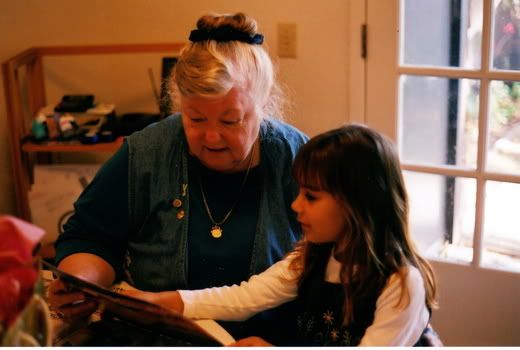
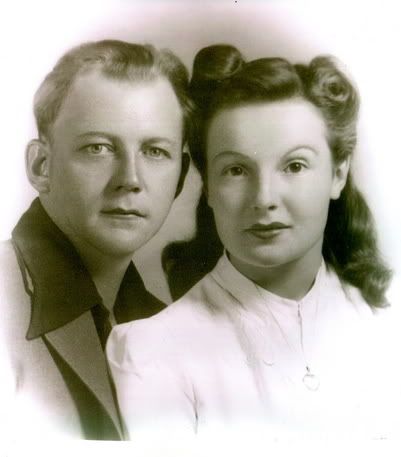
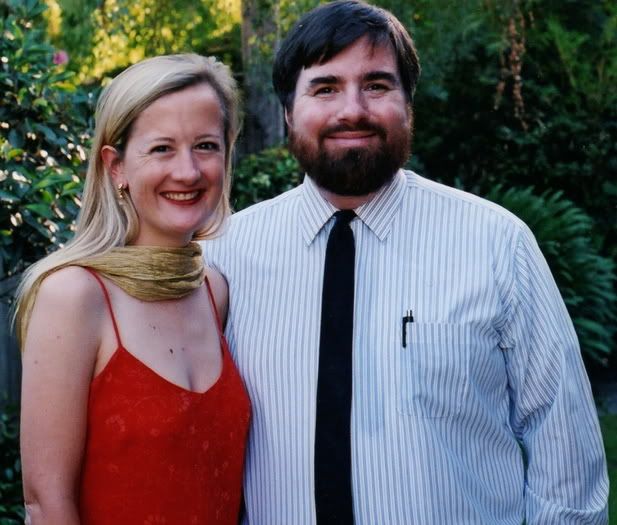
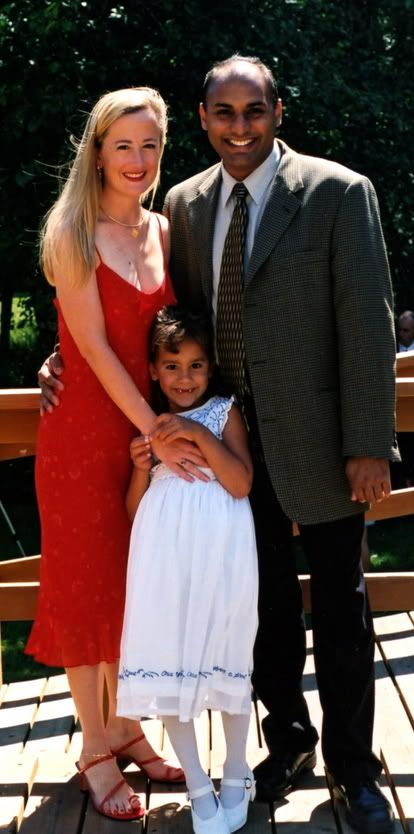
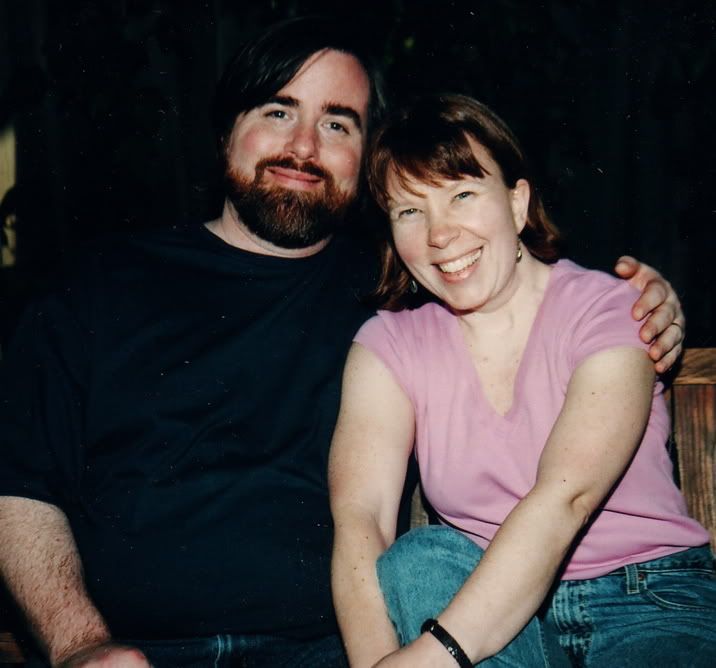













10 comments:
Thank you for sharing this. I must check out this book you are reading.
Thank you. This is a powerful example of the foolhardy things that we are doing worldwide. No wonder they hate us. Will we never learn?
Yes, thank you for sharing this information. We all need to become more aware of the complex issues we act on. Do you think that humanity will ever mature where we think before we act, and act only in ways that unite us as peoples of the world and stay away from actions that create pain/fear/division.
I loved this post - what a fascinating subject, to have an awareness of the origins of good food and its deep connection to the world around us. I'm going to add this book to my reading list for sure.
Sounds like an interesting read.
A nice memory I have of my time spent in Spain is travelling past the olive and cork groves - lovely old, old trees.
I'm sorry that I'm so busy these days & haven't much time to read (or write) blogs. Frazzlin' job anyway! Just as soon as I get my juggling act rearranged so it works, you'll see more of me.
found visser's book on the shelf at powell's in portland, oregon, a few years ago. loved the title. hoped she might talk about kitchen composting as important for what we do with kitchen waste after dinner.
To me, it means that you and your culture don't count. That we don't have the time/inclination to educate ourselves as to your history, we'll just go ahead and do what we want. Or even worse, we do know what we're doing and we hate you enough/are indifferent enough that we don't care.
So sad.
Not much of a Tom Friedman fan any more, but "The Lexus and the Olive Tree" is a helluva book. A great read if you want to understand the difference between our cultures.
The Israelis have created a horrible situation for the Palestinians, and the double standard in how we look at the two groups is astounding to me. It is very sad that our society fails to understand the cultures and politics of the middle east, and we have payed so much for it now in blood and dollars.
And the cost will get higher. And all for oil, so we have cheap energy that ends up costing us our well being as global warming sets in, costs us our entire environment.
Hopr you save a plave for us up north, when it's the best place on the planet to live (I know, you already think so!) I'm sure I'll be moving northward in the next few years, although perhaps not Alaska. Right now I'm looking at the Washington/Vancouver area. Who knows, though, maybe even further north, we'll see.
When I read about the olive trees in the book, I found myself crying. I had always hated that the groves were ripped out, even when I had no idea of everything that it meant. But, once I knew . . . it just seemed so many times more unspeakable than it had before.
Post a Comment